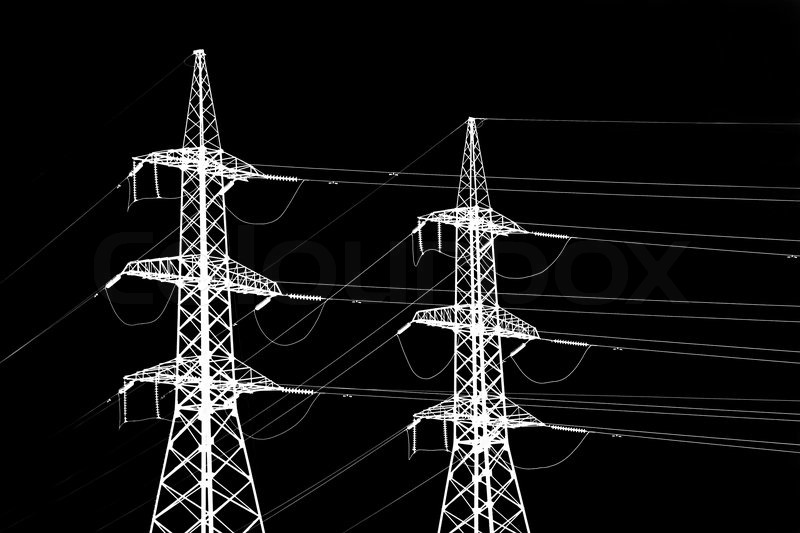- FG Okays Independent Power Supply to Abuja Airport
The Federal Executive Council on Wednesday approved the contract for the provision of independent power supply (at N61 per kilowatt/hour) to the Nnamdi Azikwe International Airport, Abuja.
The Minister of State for Aviation, Hadi Sirika, disclosed this to State House correspondents at the end of the council’s first meeting of the year presided over by President Muhammadu Buhari at the Presidential Villa, Abuja.
Sirika said the contract was awarded following the structural challenges encountered in the construction of a new terminal at the airport being handled by a Chinese firm.
The minister stated, “The new terminal building at the Nnamdi Azikiwe Airport, which is called the Chinese Building, has challenges of power, water, sewage, apron etc., that we are putting up there. So, we have to find a way of dealing with those challenges; we are putting up an independent power system at the airport, which has been approved by FEC.
“Subsequently, we will also tend to the challenges of water, sewage, apron, connectivity between the old and new airports and all the fire stations that are blocking the usage of the airport and perhaps, also the control tower that is connecting the other side of the airport.
“All these will be attended to in phases in preparation for the full utilisation of the airport.”
The Minister of Power, Works and Housing, Babatunde Fashola, said the council also approved a N5.44bn contract for the rehabilitation of the 36km Ugbokolo section of the 9th Mile/Oturkpo Road that links Enugu State to Benue State.
According to him, the contract has been awarded to the firm already handling other sections of the highway and is expected to complete it in 24 months.
On the cattle colonies being proposed by the Federal Government, Sirika assured landowners of adequate compensation for their land that would be acquired.
He said the colonies would not be too different from the old practice of reserving certain areas for cattle grazing, for which the original land owners would be compensated.
He stated, “I am not speaking as an agricultural expert but growing up in the hinterlands, I know there used to be cattle routes; we call them ‘burtali’ in the local language. These were established by the Federal Government in 1914. They are designated routes where the cattle follow, feed, graze and drink water.
“When those ones were available, there was no farmer/herdsmen clash because the routes are specific, identified and mapped, and were paid for in compensation over time. But I think due to development and increase in population, these routes are either captured or converted to farms.
“The question of colony or grazing land or whatever name they are called is about the same thing really. I don’t think the government will do anything without recourse to owners of farm lands and laws of the land.”
The Minister of Information and Culture, Lai Mohammed, said the issue of killings allegedly by herdsmen was receiving attention at the highest level.
He added that deployment of troops was at the discretion of higher and appropriate authorities.
Responding to reports that Buhari’s son, Yusuf, who is recuperating from injuries sustained in a power bike accident in Abuja few days ago, might have been flown to a German hospital, Mohammed said the case was “purely a private matter.”

 Naira4 weeks ago
Naira4 weeks ago
 News4 weeks ago
News4 weeks ago
 Naira4 weeks ago
Naira4 weeks ago
 Travel3 weeks ago
Travel3 weeks ago
 Jobs4 weeks ago
Jobs4 weeks ago
 Naira3 weeks ago
Naira3 weeks ago
 Naira3 weeks ago
Naira3 weeks ago
 Investment4 weeks ago
Investment4 weeks ago






























